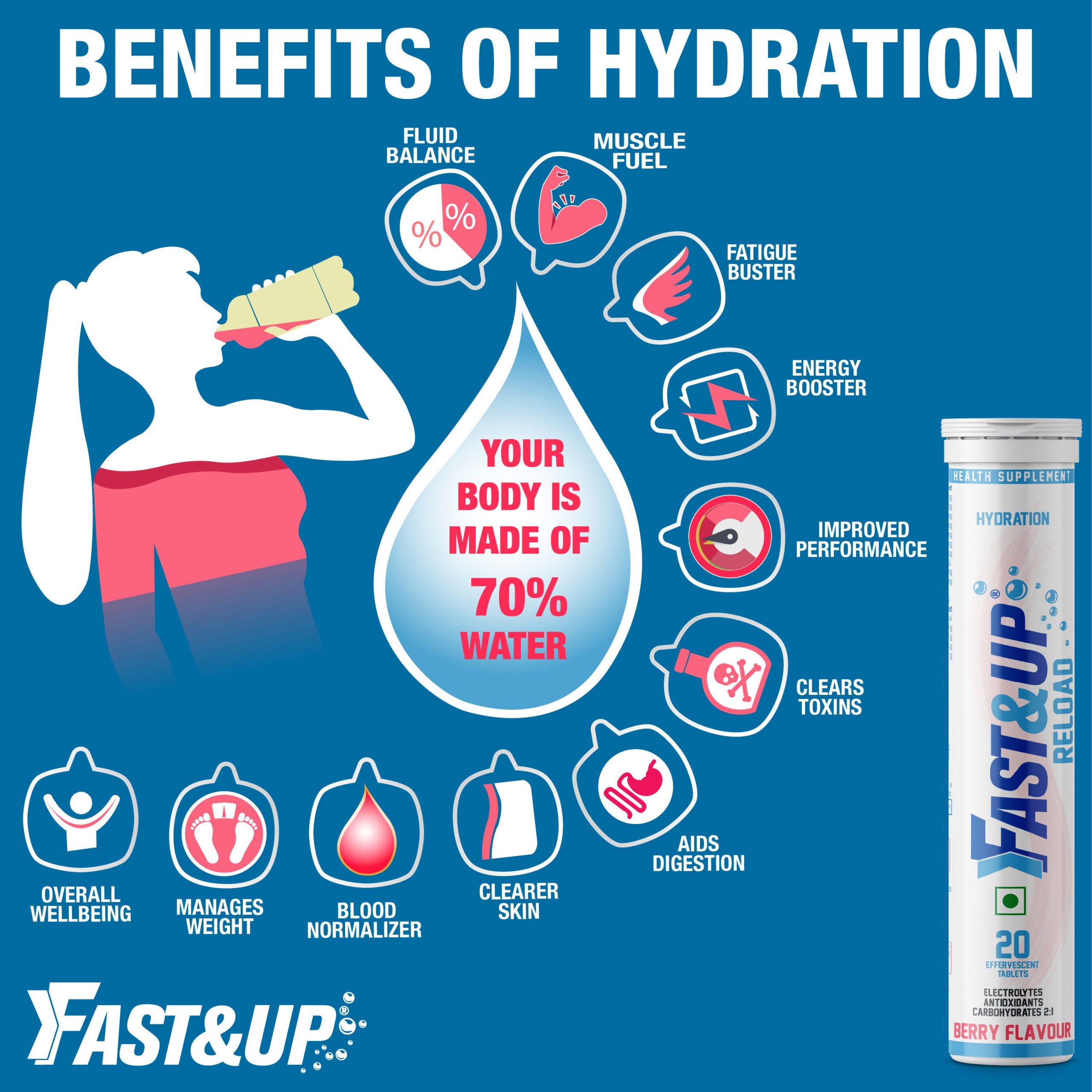Athletes know that staying properly hydrated is crucial for peak performance. Whether you’re a professional athlete or a weekend warrior, maintaining optimal hydration levels can make a significant difference in your overall performance. In this article, we’ll explore some key hydration strategies that can help you perform at your best.
Why Hydration is Important for Athletes
Proper hydration is essential for athletes for several reasons. When you exercise, your body loses fluid through sweat, which helps regulate your body temperature. If you don’t replace this lost fluid, you can become dehydrated, which can lead to decreased performance, fatigue, cramping, and even heat-related illnesses.
Hydration also plays a crucial role in nutrient delivery, waste removal, and overall cell function. Water is necessary for energy production and muscle function, making it vital for athletes to maintain proper hydration levels to perform at their best.
Hydration Guidelines for Athletes
So how much water should athletes drink? While individual hydration needs can vary based on factors like body size, exercise intensity, and environmental conditions, a general guideline is to aim for at least 8-10 cups of water per day for sedentary individuals and even more for athletes.
During exercise, athletes should aim to drink 7-10 ounces of fluid every 10-20 minutes to replace lost fluids. This can vary depending on the duration and intensity of the exercise, as well as the individual’s sweat rate. It’s important to listen to your body and drink when you’re thirsty, as thirst is a good indicator of dehydration.
Hydration Strategies
1. Pre-Hydration
Start hydrating well before your workout or event. Aim to drink 16-20 ounces of water 2-3 hours before exercise, and another 8 ounces 10-20 minutes before you begin. This will help ensure that you’re adequately hydrated before you start sweating.
2. During Exercise Hydration
During exercise, drink fluids regularly to replace lost fluids. Water is usually sufficient for light to moderate exercise lasting less than an hour. For longer or more intense workouts, consider sports drinks that contain electrolytes to help replace lost sodium and potassium.
3. Post-Exercise Hydration
After your workout, continue to drink fluids to replace any lost fluids. Aim to drink 20-24 ounces of water for every pound lost during exercise. Including a snack with protein and carbohydrates can also help with recovery and rehydration.
Signs of Dehydration
It’s important to recognize the signs of dehydration so you can take action before it affects your performance. Some common signs of dehydration include:
Thirst
Dry mouth or throat
Dark urine
Headache
Fatigue
If you experience any of these symptoms, make sure to rehydrate and rest before continuing with your workout or event.
Conclusion
Proper hydration is key to optimal athletic performance. By following these hydration strategies and guidelines, athletes can maintain their fluid balance, prevent dehydration, and perform at their best. Remember to listen to your body, stay hydrated before, during, and after exercise, and replenish fluids lost through sweat to ensure peak performance.
